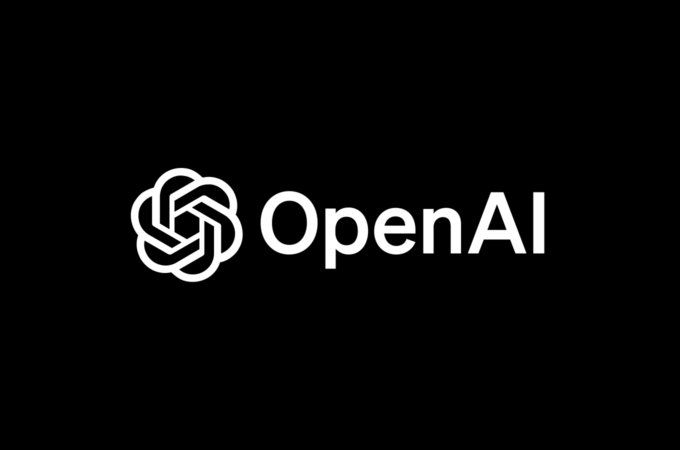
MIT Launches Comprehensive AI Risk Repository, Highlighting Misinformation as Least Addressed Threat
Researchers at MIT’s Computer Science and Artificial Intelligence Laboratory (CSAIL) have unveiled the AI Risk Repository, a groundbreaking database cataloging over 700 potential risks associated with artificial intelligence. This initiative, led by the FutureTech group, aims to provide a centralized resource for policymakers, researchers, and industry professionals navigating the complex landscape of AI implementation and governance.
The repository, which consolidates information from 43 existing taxonomies, addresses a critical gap in the current understanding of AI risks. Dr. Peter Slattery, project lead and incoming FutureTech Lab postdoc, emphasized the importance of this work, stating, “Since the AI risk literature is scattered across peer-reviewed journals, preprints, and industry reports, and quite varied, I worry that decision-makers may unwittingly consult incomplete overviews, miss important concerns, and develop collective blind spots.”
The database categorizes risks based on their causes, domains, and subdomains. Notable findings include that 51% of risks are attributed to AI systems themselves, while 34% are attributed to human factors. Additionally, 65% of risks emerge post-deployment, highlighting the need for ongoing monitoring and assessment of AI technologies.
Interestingly, the research revealed that misinformation is among the least-addressed concerns across existing risk frameworks. This finding is particularly significant given the potential impact of AI-generated misinformation on various sectors, including finance and public discourse.
Dr. Neil Thompson, head of the FutureTech Lab, outlined the broader implications of this project: “We are starting with a comprehensive checklist to help us understand the breadth of potential risks. We plan to use this to identify shortcomings in organizational responses. For instance, if everyone focuses on one type of risk while overlooking others of similar importance, that’s something we should notice and address.”
The AI Risk Repository is designed to be a living database, with plans for regular updates to reflect the rapidly evolving AI landscape. It is freely accessible and open for public feedback, encouraging collaboration across academia, industry, and policymaking bodies.
As AI adoption continues to accelerate across industries, with US Census data indicating a 47% increase in AI usage between September 2023 and February 2024, the need for comprehensive risk assessment tools becomes increasingly critical. The MIT repository stands as a significant step towards more informed and responsible AI development and deployment.
For the fintech sector, this database could prove particularly valuable in identifying and mitigating risks associated with AI-powered financial services, from algorithmic trading to credit scoring systems. As regulatory scrutiny intensifies, financial institutions leveraging AI technologies may find the repository an essential resource for compliance and risk management strategies.




